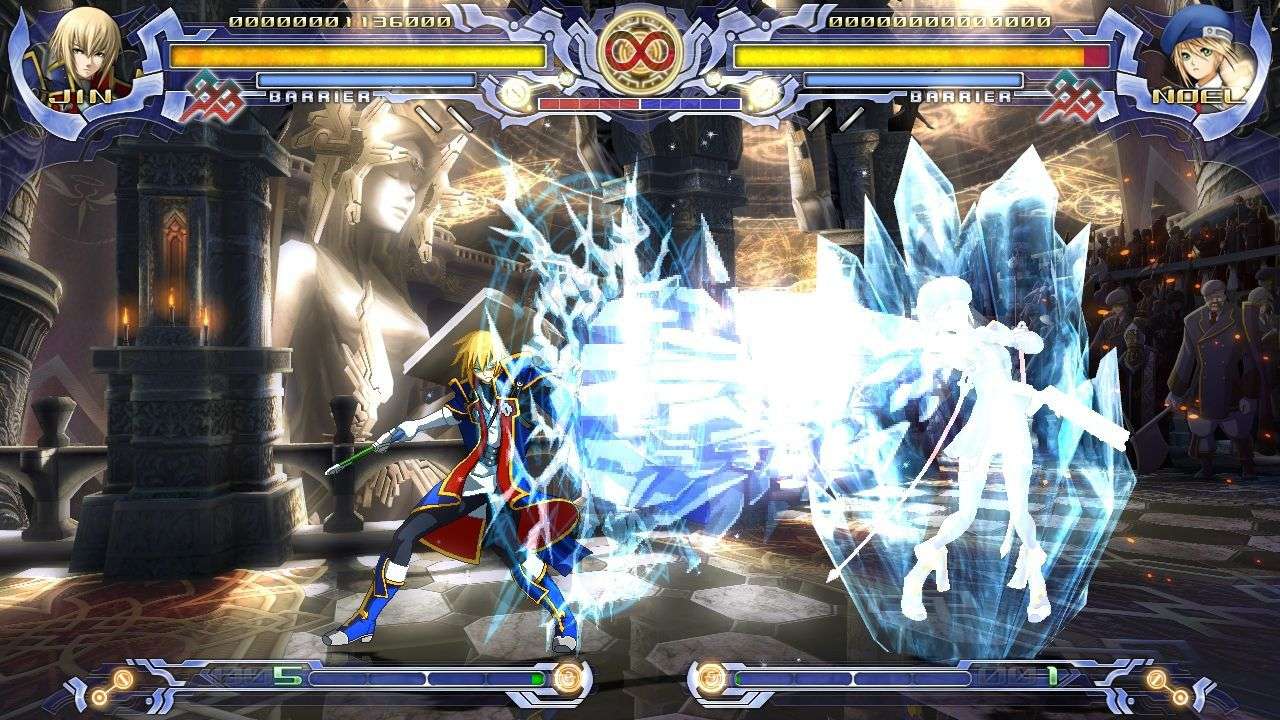

That changed the culture a lot because in the arcade setting you don’t necessarily have to be nice to anyone or play well with others. It started out in the arcades, and then since about 2006, everything has shifted away from the arcades to the consoles. Ryan “Gootecks” Gutierrez: I guess the culture has definitely changed. I don’t think any of that was forced in any way though, I feel that it has been a natural progression as the scene has gotten bigger. Tournaments are growing and some of the bigger ones feel like conventions.

So you have to explain things a bit more. Tournaments early on – everyone knew exactly what was going on because everyone who attended was a hardcore player, and that’s not necessarily the case today. Having more people involved gives it more of a spectator feel than there ever used to be. Tournaments are run a little bit differently, people interact differently. I feel that they have adopted a lot of the preexisting fighting game culture to a significant degree, but things are definitely different. As the scene has gotten bigger with the release of games and the popularity of streams, there is a new influx of people. That does lead into a little bit of a different culture. Not everyone grew up playing in the arcade, a lot of people didn’t they grew up playing at home. It has certainly changed there are different people playing it nowadays. Paul LaCen: In what ways has the fighting game community changed in the last 25 years has it become more intense or has it had to kind of calm down to appeal to a wider audience? David Philip “UltraDavid” Graham: It hasn’t had to do anything. So that when they clear the final stage they get yelled at for playing the game.” A novel approach to selling your game to be sure, but it shows the sense of humour on offer and that Harada is prepared to embrace a variety of ideas to make the game as unique as possible. “You can also put your own music and soundtracks in there,” Harada continues, with a glint in his eye, “Or as a parent, you can leave messages to your kids to tell them to stop playing games and do their homework instead. It’s a neat feature and an example of the level of interaction Harada hopes players will come to enjoy. He immediately brandished a Red Hot Chili Peppers CD with a grin and popped it into the console to import 'Give it Away' over the action. He also mentioned the new Tekken Tunes feature which lets players chop and change the in-game music as they see fit, or even introduce their own music to play over the menus, stages and so on. “So it’s not like you can just play through once and be done with it,” Harada states, “As there is a lot on offer here so you can continue to play through this mode to unlock all of the content.” It’s clear that the focus is on creating an array of modes and content to keep hardcore players happy while also appealing to relative newcomers.
#Street fighter 4 arcade edition taito type x2 using dlc series
The idea being that players can constantly challenge themselves and always have a new goal, or series of unlocks, to strive for. Each time you clear certain stages in the Fight Lab you will be assigned a ranking, which in turn will unlock new moves to purchase and also mean that you have a bevy of points to spend on said moves.


 0 kommentar(er)
0 kommentar(er)
